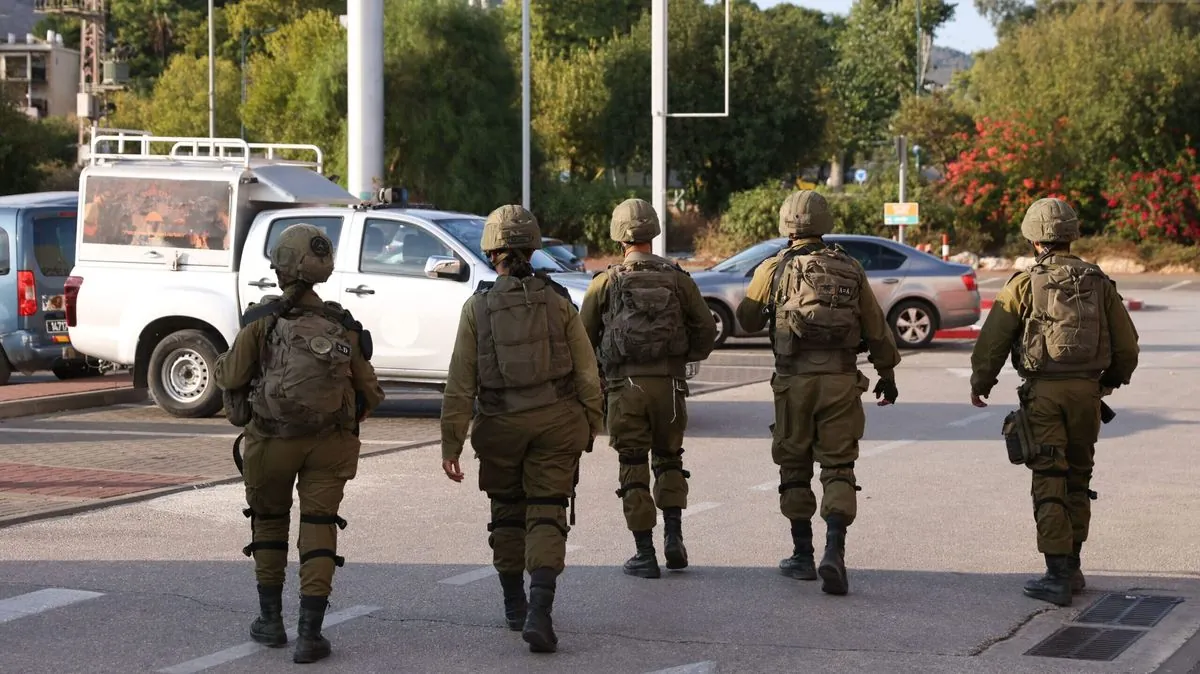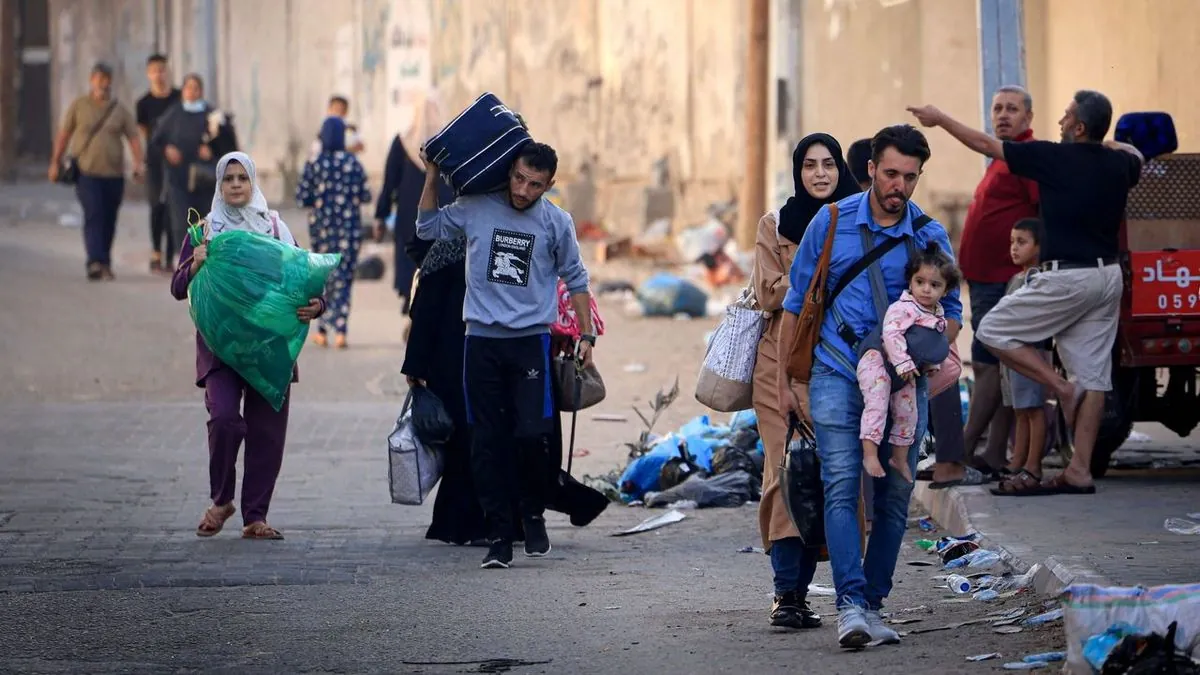Israel Broadens War Aims to Include Northern Residents' Return
Israel expands Gaza war goals to enable northern residents' return amid escalating border tensions with Hezbollah. Decision follows security cabinet meeting as conflict threatens regional stability.

In a significant development, Israel has broadened its objectives in the ongoing Gaza conflict. The Israeli government, led by Benjamin Netanyahu, has announced a new goal: facilitating the return of residents to evacuated communities in northern Israel. This decision comes in response to attacks by Hezbollah, an Iran-backed Lebanese organization.
The expanded war aims were approved during a nighttime meeting of Netanyahu's security cabinet, approximately 11 months after the initial outbreak of hostilities. The conflict began on October 7, 2023, when Hamas, a Palestinian Sunni-Islamic fundamentalist organization, launched an assault on southern Israel. The following day, Hezbollah opened a second front, intensifying the situation along the Israel-Lebanon border, also known as the Blue Line.

The escalation has forced tens of thousands of Israelis to evacuate towns along the northern frontier. These communities have suffered significant damage from rocket fire, preventing residents from returning to their homes. The situation highlights the complex security challenges Israel faces, with threats emanating from multiple fronts.
Israel's decision to expand its war goals reflects the broader regional implications of the conflict. The country, with a population of approximately 9.3 million people as of 2024, has been engaged in multiple wars with neighboring Arab countries since its establishment in 1948. The current situation threatens to ignite a wider regional conflict, underscoring the volatile nature of Middle Eastern geopolitics.
The Israeli security cabinet, a select group of senior ministers dealing with national security matters, plays a crucial role in shaping the country's response to these challenges. Their decision to include the return of northern residents as a war objective demonstrates the government's commitment to addressing the immediate needs of its citizens while pursuing broader strategic goals.
Israel's defense strategy relies heavily on its advanced military capabilities, including the Iron Dome air defense system, which protects against short-range rockets. However, the persistent threat from groups like Hezbollah, a Lebanese Shiite Islamist political party and militant group, continues to pose significant challenges to Israel's security infrastructure.
The ongoing conflict also highlights the importance of strategic areas such as the Golan Heights, which borders Syria and is crucial for Israel's defense. As tensions escalate, the role of international bodies like the United Nations Interim Force in Lebanon (UNIFIL), which operates along the Israel-Lebanon border, becomes increasingly significant in maintaining regional stability.
As Israel pursues its expanded war aims, the international community watches closely, aware of the potential for further escalation in this volatile region. The situation remains fluid, with the possibility of additional developments impacting the course of the conflict and the broader Middle Eastern geopolitical landscape.


































